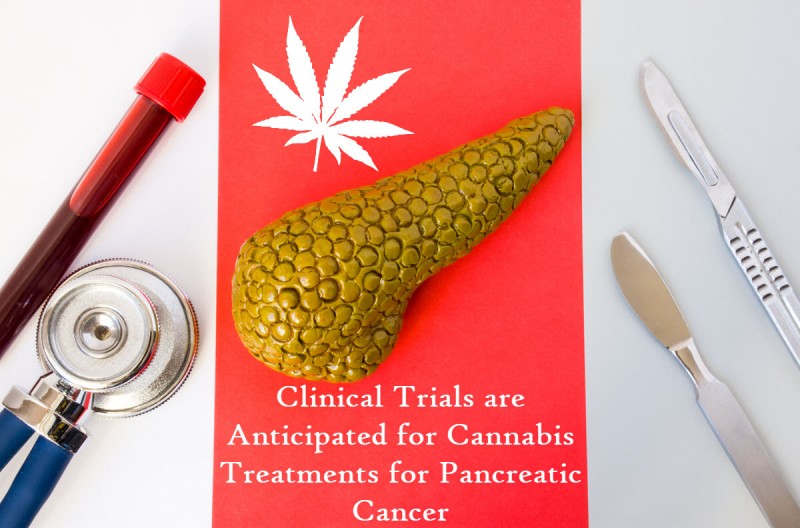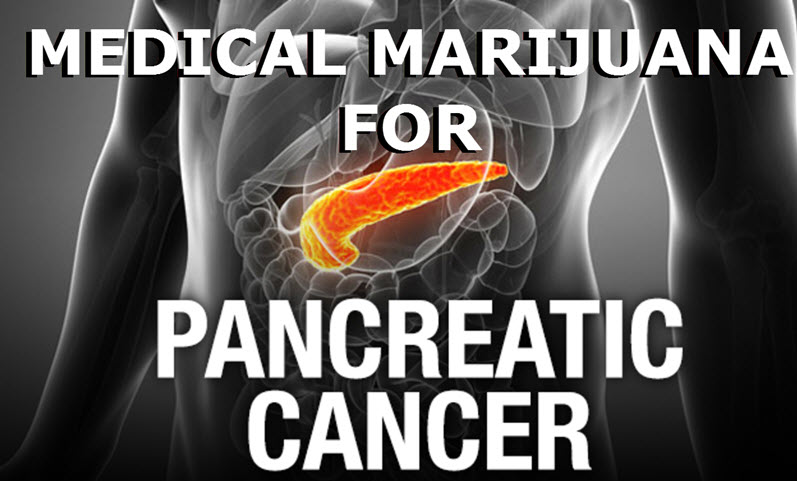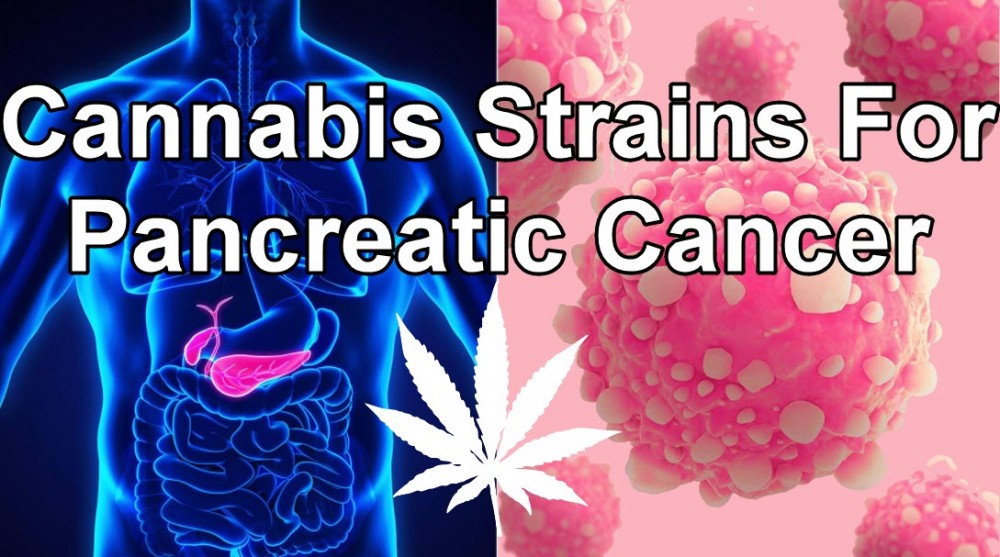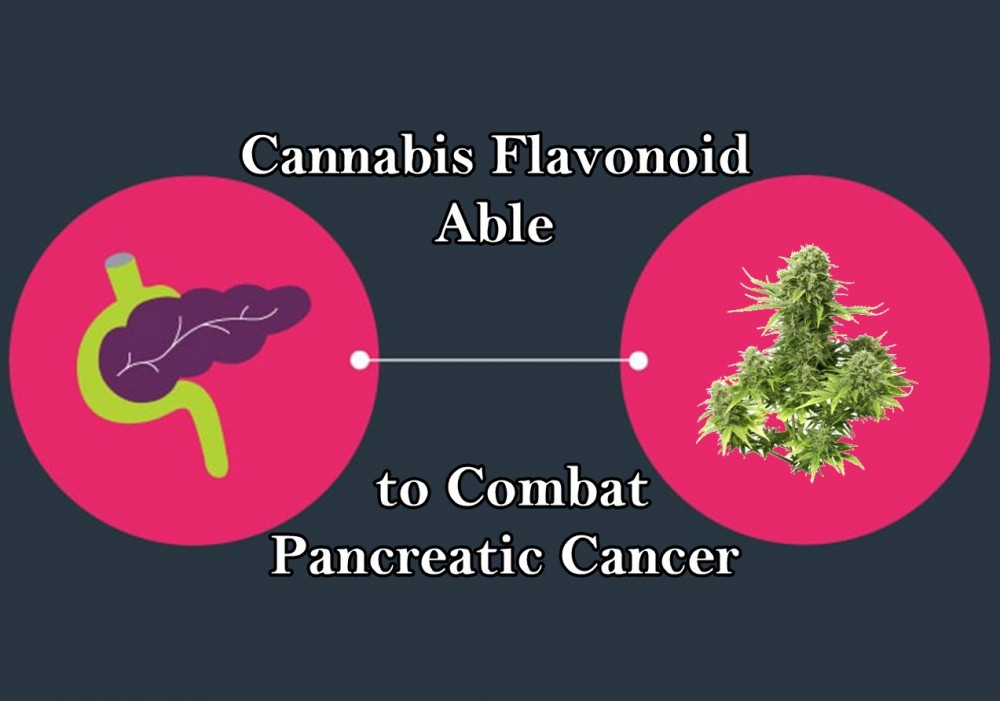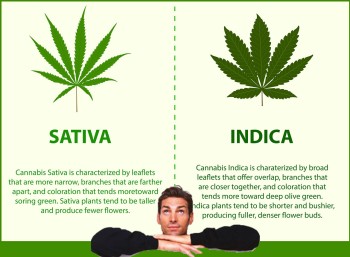Clinical Trials are Anticipated for Cannabis Treatments for Pancreatic Cancer
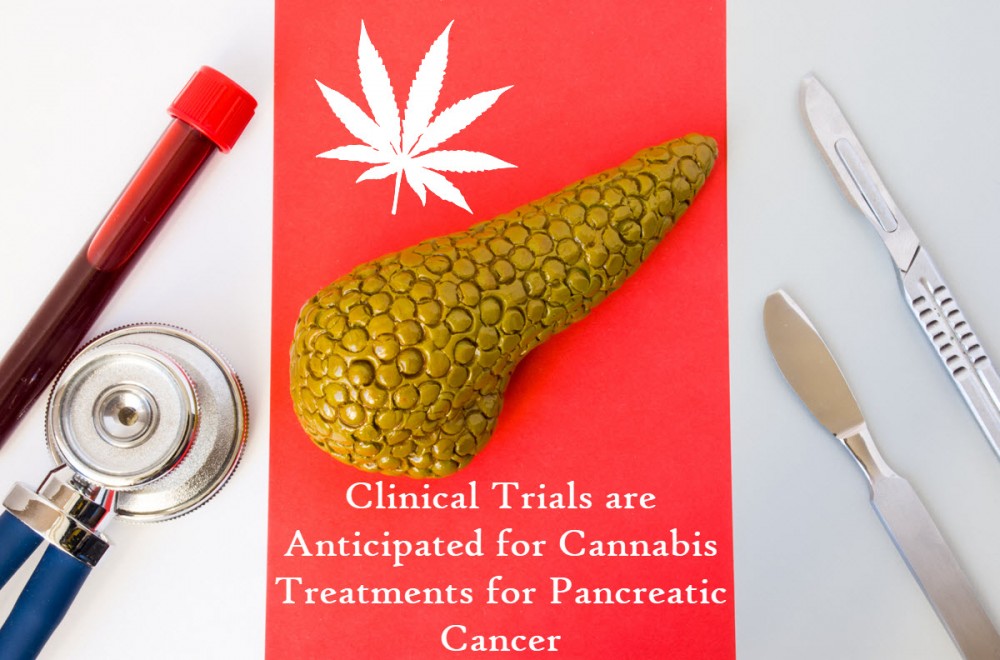
Even the recreational cannabis holdouts are slowly coming around on its medical potential. In the world of cancer treatment, in particular, cannabis seems to hold great promise in treating certain symptoms and managing pain. At the very least, using marijuana could reduce a person’s need for and likelihood to use opioid pain relievers.
One particular component in cannabis is under renewed scientific and medical scrutiny thanks to a change in its legal status. Researchers looking into cannabis treatments for pancreatic cancer are hopeful this administrative change will lead to the next inevitable step: human clinical trials.
A Cannabis Flavonoid Receives Orphan Drug Status
Under U.S. law, the Food and Drug Administration can grant “orphan drug status” to a biological product that meets a number of criteria, the most important of which is that it shows potential in treating a specific malady. In June 2017, the FDA announced a plan to eliminate the regulatory agency’s existing backlog of orphan drug designation applications and to fast-track future ones as much as possible.
This hurdle, along with cannabis’s stubborn Schedule I classification at the federal level, has long stymied legitimate research into the plant’s pain-relieving and other potential health applications.
One specific flavonoid within cannabis, known as FBL-03G or Caflanone, recently won orphan drug status from the FDA. Flavonoids are chemicals that appear naturally in the plant kingdom. They give plants their distinctive colors and act as shuttles for antioxidants, minerals and vitamins. When nutritionists recommend eating a “colorful” diet, they’re speaking in part about the positive influence of flavonoids.
In cannabis, flavonoids are sometimes referred to as cannaflavins. In this case, the cannaflavin known as Caflanone, or FBL-03G, received orphan drug status after researchers demonstrated outstanding results in treating tumor progression in animals suffering from pancreatic cancer.
The “outstanding” label comes from Dr. Henry Lowe. He is the executive chairman of Flavocure, the drug discovery company that successfully lobbied for Caflanone’s orphan drug status. Of this milestone, Dr. Lowe said, “Our … studies have reaffirmed outstanding results, and we anticipate commencing with clinical trials in humans in the coming months to address pancreatic cancer … The world requires and demands a new standard of care … for the treatment of this disease.”
Caflanone comes from a Jamaica-native cannabis sativa strain. Lowe and the rest of the team developed a proprietary bioactive material using the FBL-03G flavonoid found in this plant. The bioactive material uses an FDA-approved nano-drone delivery technology, which was invented at Harvard Medical School. Orphan drug status means this material may now be ordered in commercial quantities for human clinical trials.
Harvard has been doing its part to further this scientific avenue alongside Flavocure. It has published a study that sheds light on how and why flavonoids demonstrate positive effects when applied to pancreatic cancer cases. Harvard also hosted the pre-clinical animal model trials of this new drug, the positive results of which provided the impetus for the FDA’s orphan drug decision.
The Frontlines Against Pancreatic Cancer
President Ronald Reagan signed the Orphan Drug Act into law in 1983. It was designed to facilitate drug discovery projects, as well as and clinical and pre-clinical trials. The intention was to encourage and accelerate promising new treatments for rare but consequential diseases.
Pancreatic cancer fits these intentions perfectly. Diseases called out by name in the Orphan Drug Act include Huntington’s disease, ALS, muscular dystrophy and others. The relative rarity of these conditions means a reduced profit motive for drug discovery and pharmaceutical companies. This is why we call them orphan drugs. The FDA’s Orphan Drug Status classification may be applied to drug development projects targeting conditions affecting 200,000 patients or fewer per year.
In the United States, around 60,000 individuals receive a pancreatic cancer diagnosis each year. Pancreatic cancer is not the most common kind here or anyplace else — but it does bring a disproportionate amount of harm. Despite featuring in just 3.2% of new cases, pancreatic cancer represents 7.5% of all deaths from the disease. The mortality rate for all cases is 70% within the first year.
The human pancreas is comprised of two primary functional components — exocrine cells and what’s known as the endocrine pancreas. Both of these structures play key roles in the function and proper flow of the digestive system. Either or both structures can develop cancerous tumors.
Because FBL-03G now has orphan drug status, the company responsible can enjoy benefits throughout the drug discovery and development process. These include seven years of market exclusivity upon approval, accelerated administrative processing, tax credits, grants and more.
Cannabis and the War on Cancer
Marijuana has been known as a medicinal agent in some parts of the world for several thousand years. To put things in perspective, the United States’ federal ban on cannabis sales didn’t happen until 1937. We can say with increasing confidence that cannabis can play a positive role throughout the medical community — and now there’s reason to add pancreatic cancer treatment to the list.
PANCREATIC CANCER AND CANNABIS, READ MORE...
CANNABIS FOR PANCREATIC CANCER, READ MORE HERE.
OR..
MARIJUANA STRAINS FOR PANCREATIC CANCER, CLICK HERE.
OR..
CBD FOR PANCREATIC CANCER PATIENTS, READ WHY HERE.
